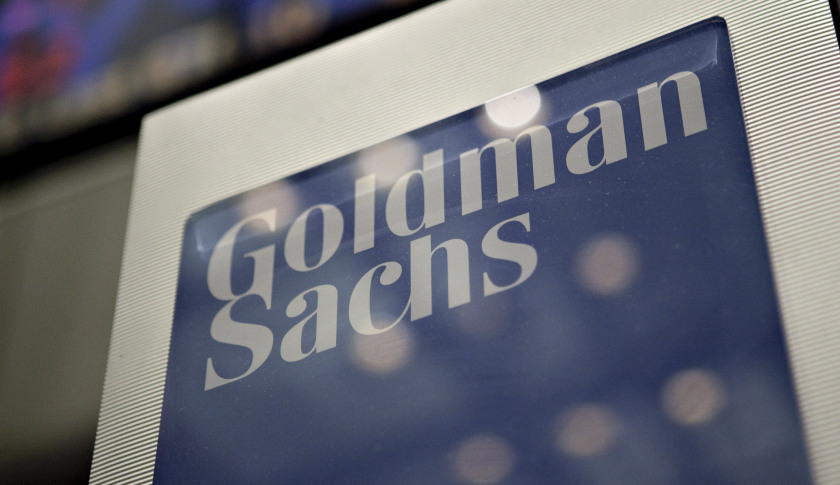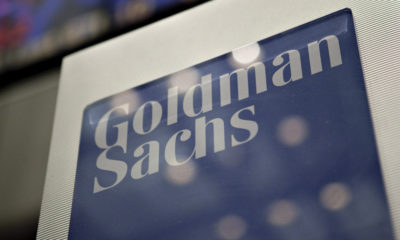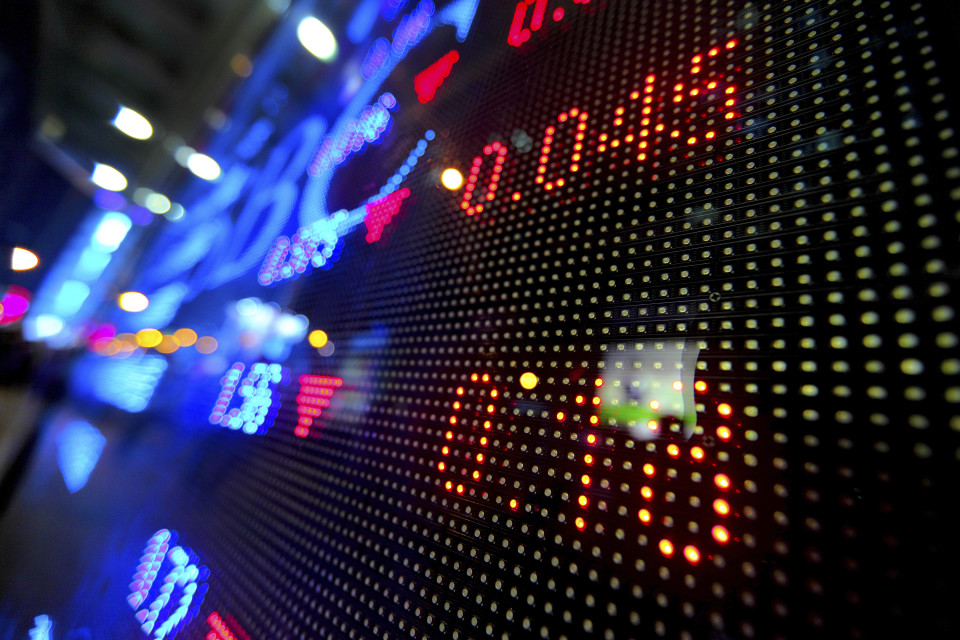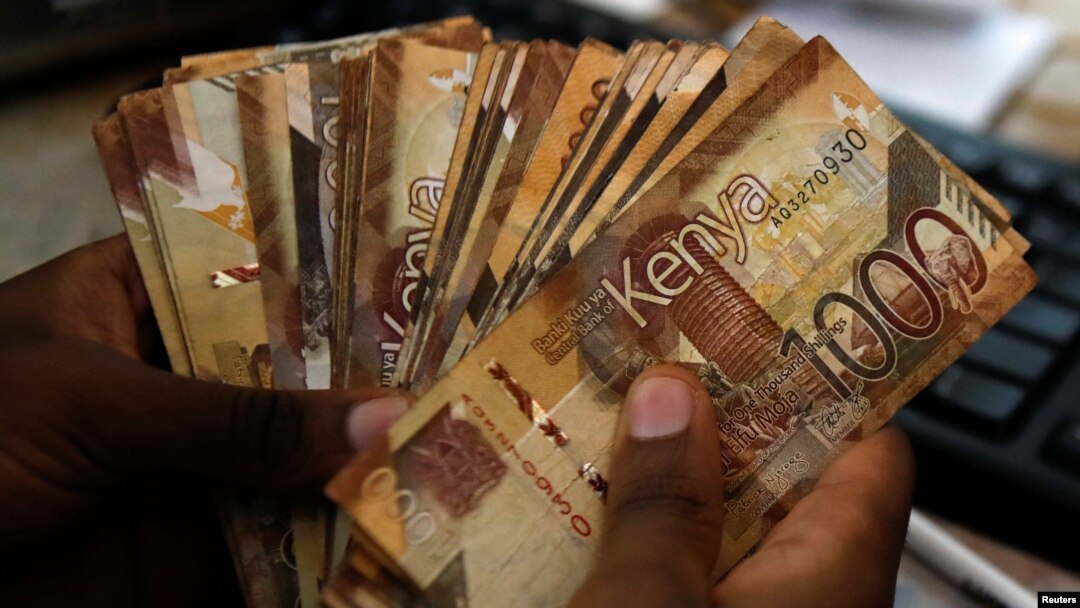Kenya’s sovereign dollar bonds experienced a sharp decline following President William Ruto’s decision to abandon a $2.3 billion fiscal plan aimed at balancing the budget and ensuring the nation’s debt sustainability.
This move came in response to widespread and violent anti-government protests that have rocked the country.
The nation’s 2031 debt security plummeted to its lowest price since its issuance in February, making Kenyan bonds one of the poorest performers among emerging and frontier markets since the demonstrations began on June 18.
The protests have resulted in at least 17 deaths and numerous injuries, reflecting the severe public dissatisfaction with the proposed fiscal measures.
Kenya, like many other developing nations, faces an urgent need to implement fiscal reforms to reduce elevated debt levels, control soaring interest costs, and secure funding from the International Monetary Fund (IMF).
However, the proposed measures met significant resistance from a populace already burdened by a cost-of-living crisis exacerbated by post-COVID inflation.
Lawmakers initially compromised on some of the most contentious proposals, such as a 16% tax on bread, but continued public pressure forced the complete abandonment of the plan.
In a televised address, President Ruto conceded to the demands of the protesters. “I concede,” he said. “I will not sign this Finance Bill, 2024. I run a government but I also lead people. And the people have spoken.”
The decision to scrap the fiscal plan leaves Kenya in a precarious financial position. The country’s budget deficit currently stands at 3.3%, with an interest burden consuming one-third of government revenue.
The failure to implement the fiscal reforms raises concerns about Kenya’s ability to stabilize its finances and meet its commitments under the economic plan agreed with the IMF in 2021, which includes reducing the budget deficit, boosting revenue collection, and curbing wasteful spending.
The financial markets reacted swiftly and negatively to the news. Since June 18, Kenya’s securities have handed investors a negative return of 1.3%, marking the most significant losses after Gabon and Egypt in a Bloomberg Index of developing-nation sovereign dollar bonds.
During the same period, the average return for emerging markets was a positive 0.3%.
The protests erupted following President Ruto’s push for new taxes on various sectors, including motor vehicles and mobile-money transfers, to help stabilize the state’s finances.
The rejection of these measures by the public underscores the significant opposition to the ambitious budget and the challenges Kenya faces in making its debt sustainable.
Simon Quijano-Evans, chief economist at Gemcorp Capital Management, highlighted the broader implications for sub-Saharan Africa, a region heavily impacted by global economic shifts such as Russia’s invasion of Ukraine.
“Combined with a very young and dynamic population facing economic challenges on all fronts, this is clearly a huge burden for African society, as seen in the reactions to Kenya’s finance bill,” he said.
Hasnain Malik, a strategist at Tellimer, noted growing concerns about Kenya’s long-term solvency.
“Although the nation’s short-term external liquidity issues had been mostly resolved, its latest fiscal performance has been disappointing,” Malik wrote in a note dated June 21. “This underscores the challenges Kenya faces in making its debt sustainable.”
With the fiscal plan scrapped, President Ruto has few viable options left to address the budget deficit and rising interest costs.
The protests, driven largely by young Kenyans who have previously been apolitical, signal a new level of public engagement and resistance to government policies that fail to address the immediate economic hardships faced by the populace.


 Startups2 days ago
Startups2 days ago
 Naira3 weeks ago
Naira3 weeks ago


 Naira4 weeks ago
Naira4 weeks ago




 Naira4 weeks ago
Naira4 weeks ago




 Naira3 weeks ago
Naira3 weeks ago




 Naira3 weeks ago
Naira3 weeks ago
 Sport Business1 week ago
Sport Business1 week ago
 Finance4 weeks ago
Finance4 weeks ago

















